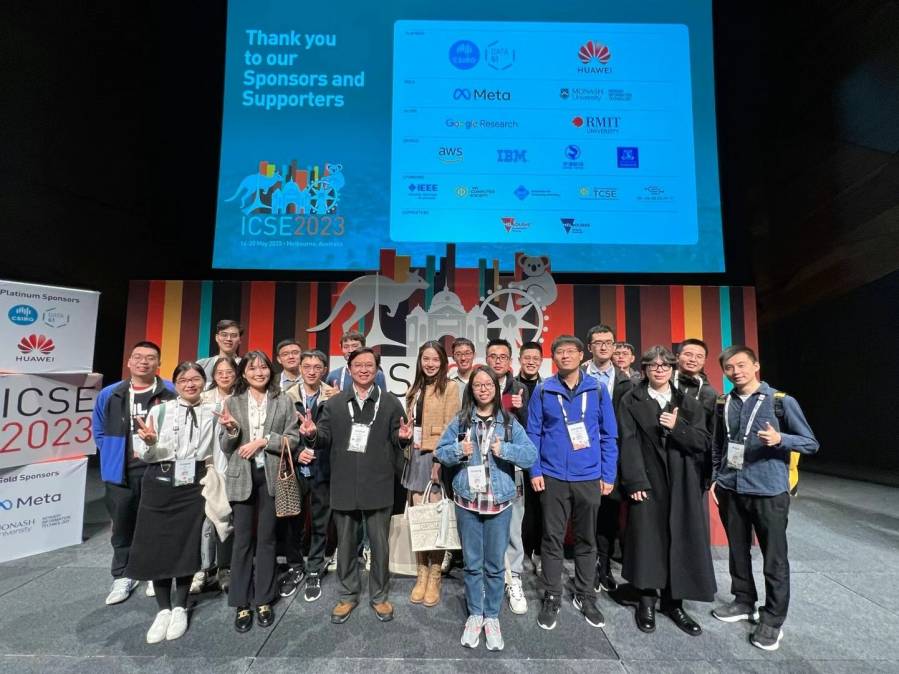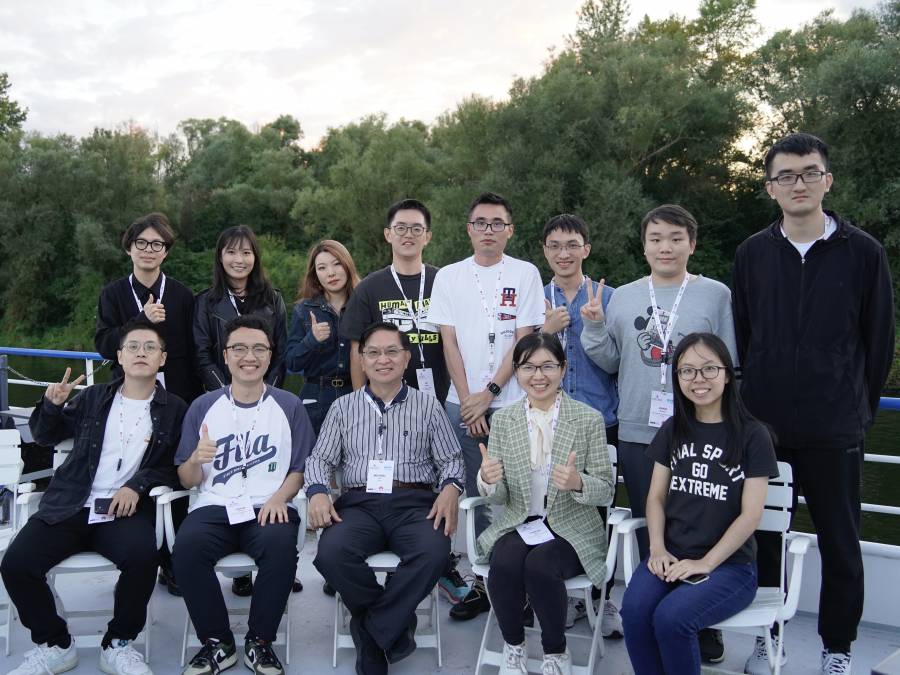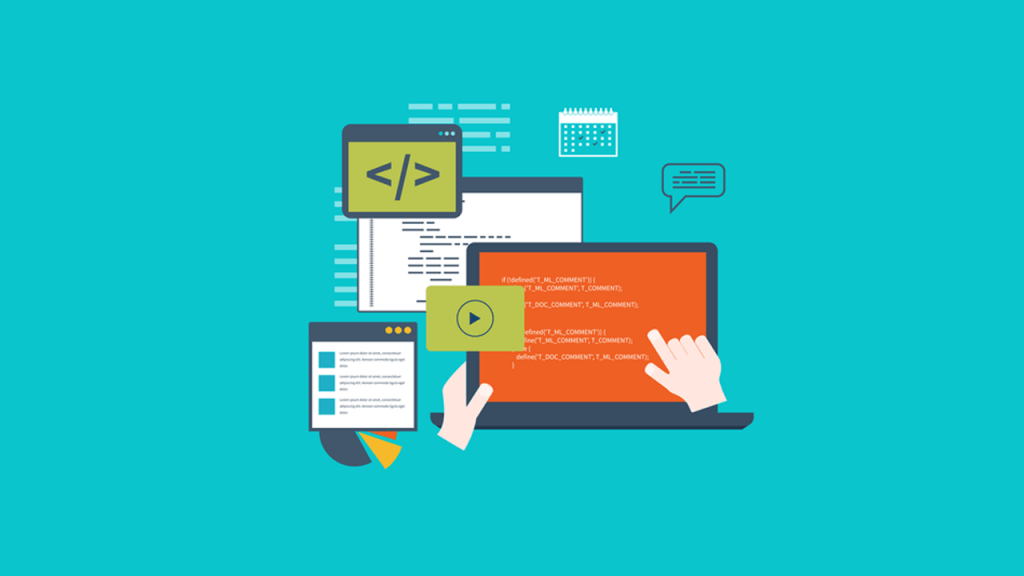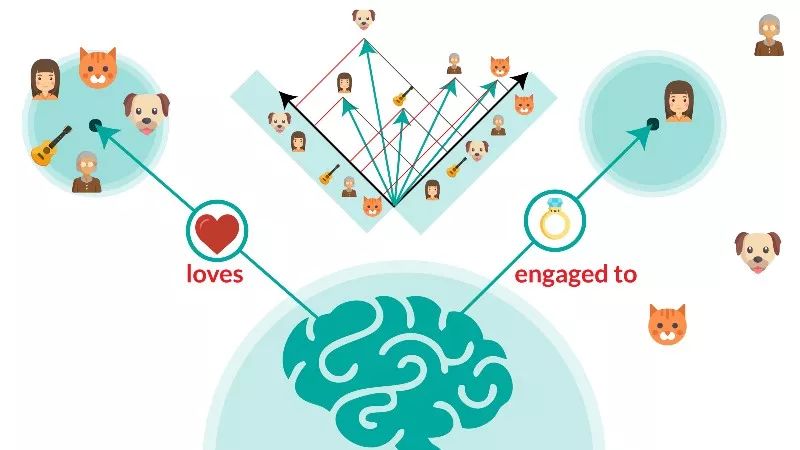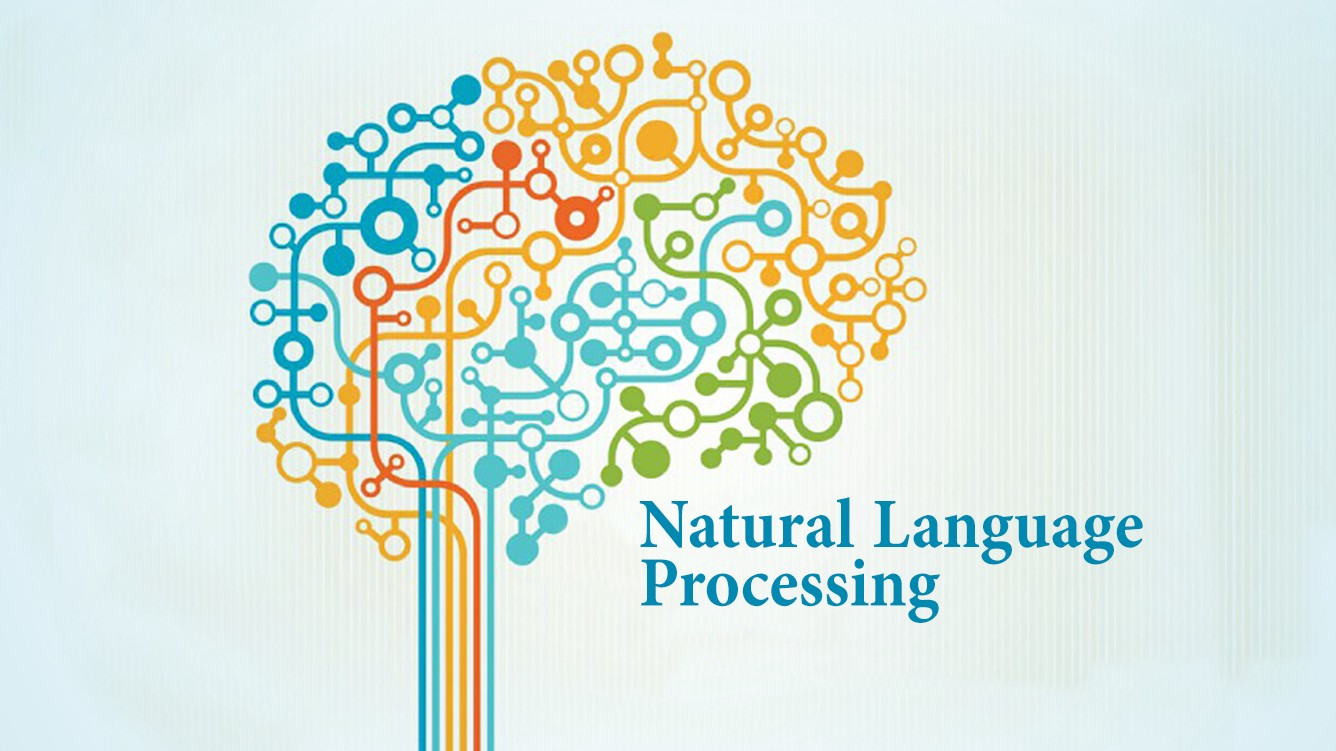Latest News
Apr. 17th, 2024
Five papers were accpeted by ICSE 2024! . Congratulations to the authors!
Sep. 11th, 2023
Mr Yun Peng won the distinguished paper award in the 38th IEEE/ACM International Conference on Automated Software Engineering (ASE 2023). Congratulations!
May. 14th, 2023
Six papers were accpeted by ICSE 2023! Congratulations to the authors!
Sep. 11th, 2023
Seven papers were accpeted by ASE 2023! Congratulations to the authors!
Oct. 28th, 2019
Prof. Lyu's paper “A coverage analysis tool
for the effectiveness of software testing” was selected as one of the
ISSRE 30-year most influential papers
